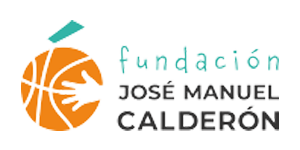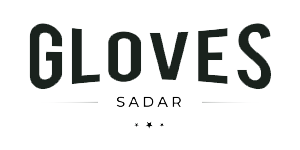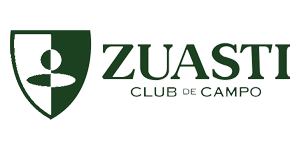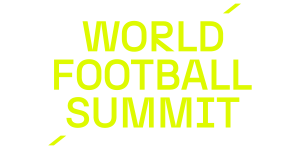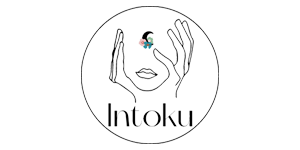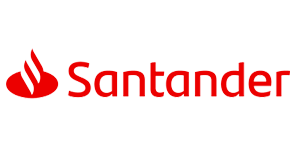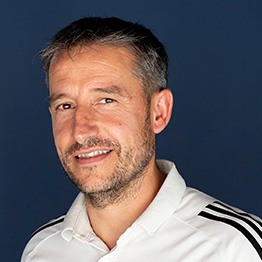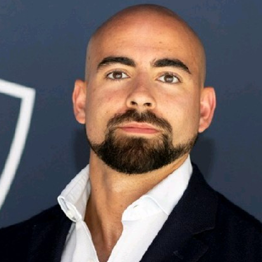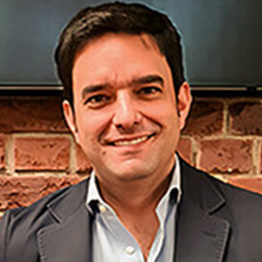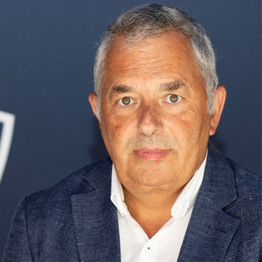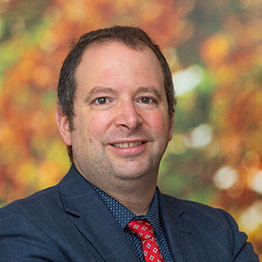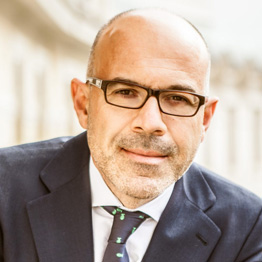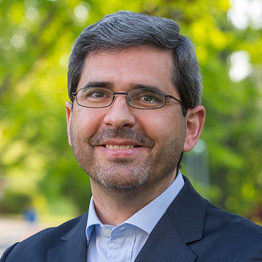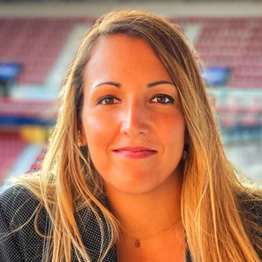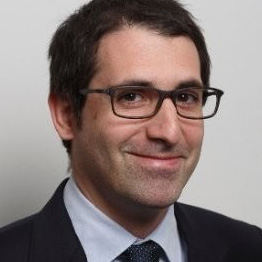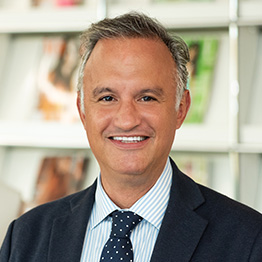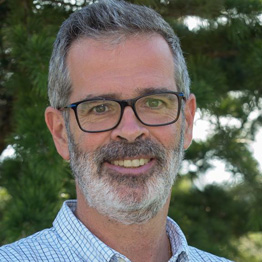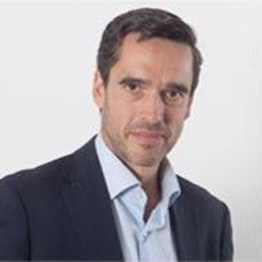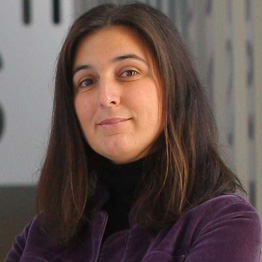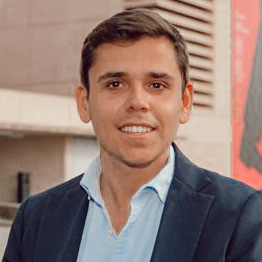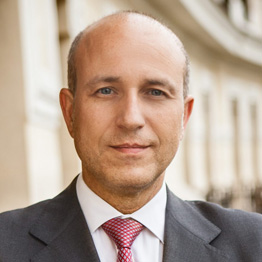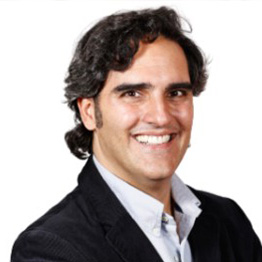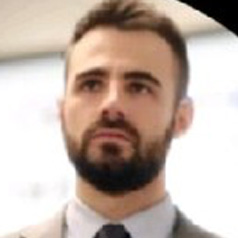SPORT MANAGEMENT COURSE
Master the game of management sports
How to manage a sports club, marketing in sport, sport analytics, properties and brands... Enter this hybrid course (face-to-face + online activities) aimed at people interested in the world of sport and professional athletes.
With the participation, among others, of Rafa Sahuquillo, editor-in-chief of Radio Marca; Cristina Cubero, deputy director of Mundo Deportivo; Marian Otamendi, Director of World Football Summit; Eduardo Prieto Iglesias, VAR referee of the First Division of La Liga; Pablo García Cuervo, CEO Europe of DV7 and former director Communication of the Royal Spanish Football Federation; Lisa Jeanpierre, international volleyball player (FRA) at Feel Volley Alcobendas and co-founder of Intoku Life; José Manuel Calderón, former NBA player and basketball world champion with Spain; Luis Figo, former professional soccer player and UEFA ambassador advisor; Eusebio Unzué, general manager of Movistar Team in cycling; César Azpilicueta, professional soccer player; Fran Canal, Director general manager of C.A. Osasuna and Blanca Izquierdo, professional volleyball player at VBC La Suze (SUI) and co-founder of Intoku Life.
-
Estimated minimum dedication of 125 hours (5 ECTS credit)
-
6 months (October to March)
-
Hybrid (face-to-face + online activities). Possibility of doing it 100% online
-
 1.550 €
1.550 €
-
Own degree
![]()
Gain first-hand knowledge of the reality of a sector that represents more than 3% of the Spanish GDP.
![]()
To provide sports professionals with a quality universitytraining

Broad vision of the different areas and activities of the sector

Principles of management applied to the idiosyncrasies of sport
![]()
Forum of ideas and discussion to promote entrepreneurship in the sector.
![]()
Visits to sports facilities and round tables with top professionals
![]()
Put on contact students with reference letter professionals in the sector.
![]()
project end of course: business idea and business plan for its launch at internship.
The course is organized in 18 academic units.
9 of them are taught through class online and the other 9 in person (in Pamplona and Madrid), with online connection for those students who cannot attend.
The teaching course follows the flipped classroom methodology.
Each academic unit has readings that students must read before the class and on which they will make an evaluable questionnaire .
Online classes are held on Mondays from 7:00 pm to 8:30 pm.
The videos and activities are uploaded to a archive. At the end of each class, the corresponding unit's forum is opened so that students can discuss the main issues.
Additional material is available to students through the virtual classroom .
Exclusive interviews with professionals, readings and videos.
Talks or round tables are held with guests from reference letter in the management sports sector.
They will be held in person at campus in Pamplona and Madrid with online connection for those unable to attend attend.
Students make a project.
In groups of three or four people, proposing a business idea or activity in the world of sports management which is defended in person at the closing meeting .
visit to first-class sports facilities
management of sports clubs.
Julio Senn
The business organization of sports clubs and sports corporations. management sports vs. management business.
Sport: industry and ecosystem.
Isabel Guerra
Sport as an economic sector. Strategic principles and management. Ecosystem of the sport business: athletes, institutions and other economic agents. Idiosyncratic characteristics of the sports sector.
framework legal aspects of sport.
Javier Ferrero
Sport as a global concept. The International Olympic committee . International federations. The Court of Arbitration for Sport.
Sports competitions: models and players.
Pedro García del Barrio
mission statementThe values and objectives of sports competitions. design of the competition system. Cooperation between competitors: leagues and associations. Open leagues vs. closed leagues.
Marketing and commercial management in sports.
Nuno Lopes
Marketing of clubs, athletes and sporting events. management of intangibles and commercial alliances. Merchandising as source of economic income and sales channels.
Leadership in sports entities.
Javier Elizalde
Leadership in sports entities. Theories on leadership. Types of leadership: leadership staff vs. leadership focused on mission statement. Effect of leadership on the achievement of sports objectives.
Stadiums and large venues.
Raul Respaldiza
Keys to its conceptualization, development and operation. design functionality, experience and business. Vision 365. Large venues as levers of urban transformation.
Communication and management of contents: the value of the media.
Rafa Sahuquillo
Emotional effects of communication. Communication in sport: media, clubs and athletes. management of broadcasting rights. development and management of communication skills.
Social marketing in sports: strategies and applications
Isabel Guerra
Use of sports marketing to promote social causes and generate a positive impact on the community. association with athletes and sports organizations. Creating value for the entity and society. Avoiding greenwashing. Success stories and analysis of the impact of campaigns.
Sports performance and media value.
Pedro García del Barrio
Importance of individual and collective sports performance in the media value of athletes. Relevance of media value as source of income from chips, transfers, marketing and sponsors.
The financial management in sports entities.
Fernando Vallejo
of a sports project . Sources of financing for sports entities. Risk analysis.
management emotional in sports entities.
Ángel Alcalde
Preparing the athlete for stressful situations. management of pressure. How stressful situations affect the entire organization and how to manage them.management of sports facilities.
management of human capital in sport.
Javier Elizalde
Importance and value of human capital. Intermediation and representation of athletes. management of image rights. Effect of tax policy on attracting and retaining talent in countries.
Sport analytics
Pablo Sanzol
Data driven sports management. Use of sports big data for scouting and analysis of rival teams or players.
Properties and brands: from the traditional sponsorship to the new model of alliances.
Peter spanish medical residency program
Promotion of commercial brands through athletes and sporting events. Return of sponsorship for brands. sponsorship public in professional and amateur sports.
Sporting events and their contribution to the country/city brand.
Isabel Rodriguez
Organization of sporting events. Bidding for major events. Economic and social impact for cities and regions. Sports events companies.
Application of the new legal rules and regulations to sports entities.
Fran Canal
Equality plan. Necessary measures for the protection of children. Compliance.
The brand as a differential asset for clubs and athletes.
Francesc Pujol
Branding as a fundamental asset of an institution. Branding vs. marketing. Club branding and branding staff.
Talks/round tables
Major sporting events (Alumni Building, Madrid). Thursday, October 17 (19.00)
Technological Revolution and Sport(Alumni Building, Madrid). Thursday, November 21 (19.00)
My life in sports (Amigos Building, Pamplona). Thursday, January 23 (19.00)
The new model of multiple ownership of sports clubs (Alumni Building, Madrid). Thursday, February 20 (19.00)
The day after the athlete (Alumni Building, Madrid). Thursday, May 22 (19.00)
Angel Alcalde
Director of C.A. Osasuna's youth academy
Luis Arregui
Director commercial. Osasuna Athletic Club
Pablo Cabello
Co-founder. Sportalent
Director Commercial and Sponsorship. ACB
Fran Canal
Director general. Osasuna Athletic Club
Javier Elizalde
Professor of Economics. University of Navarra.
Director Sport Management Course
Javier Ferrero
partner Director. Senn Ferrero Associates
Permanent Arbitration. association European Arbitration
Pedro García del Barrio
Professor of Economics of Sports. University of Navarra
Director MERIT Social Value Academic
Isabel Guerra
Product Manager. Sevilla FC
MBA in Sport Management, Universidad Europea de Madrid
Nuno Lopes
Professor of Marketing. EUNCET
Master Research in Management. IESE Business School
Pedro spanish medical residency program
Professor of Marketing. University of Navarra
Co-founder. Top Line Marketing
Francesc Pujol
Professor of Economics. University of Navarra
Director of the Center for Media, Reputation and Intangibles
Raul Respaldiza
ZERTIOR Sports & Entertainment: partner founder and CEO
Director of area Social and development Patrimonial of Real Madrid between 1999 and 2007.
Isabel Rodriguez
Professor of Economics. University of Navarra
Pablo Sanzol
manager of data analysis and Sports Management Technician. SD Eibar
Co-Director Academic at Sports Data Campus
Julio Senn
partner Director. Senn Ferrero Associates
Director General Manager of Real Madrid CF between 1999 and 2002
Rafa Sahuquillo
Editor-in-chief. Radio Marca. graduate in Audiovisual Communication. University of Navarra
Fernando Vallejo
Professor of Accounting, University of Navarra. Comptroller Auditor of the State. Head of area in the Technical Control Subdirectorate of the Instituto de Contabilidad y Auditoría de Cuentas.





